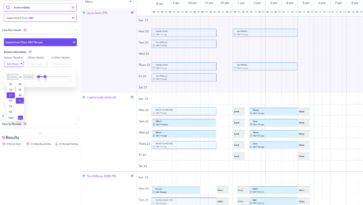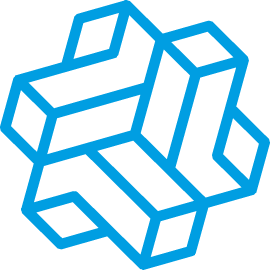We’ve reached the point where there’s an app for just about anything you could imagine, even healthcare monitoring. More than 165,000 health-related apps are available, as of 2015, and nearly 30 percent of them focus on behavioral health — and both patients and providers have much to gain from these apps.
Behavioral health apps, which are often designed with the input of medical professionals, use gamification, repetitive commands, check-ins, and/or records-logging systems to record and improve behavioral health patterns.
Some apps work by logging specific behaviors or triggers that can exacerbate a patient’s symptoms, which helps doctors remotely monitor their patients and make sure they’re practicing proper coping mechanisms. One example is an app designed to track the progress of patients in cognitive-behavioral therapy. In a different approach, an app for individuals with OCD who are undergoing exposure therapy uses gamification (like scorekeeping) to make recording and alleviating symptoms easier.
Historically, doctors only see brief snapshots of patients’ medical histories during their occasional appointments. However, with the greater amount of regular data and communication that health apps provide, doctors can now gain valuable insights into a patient’s day-to-day life outside of those appointments. For instance, if a doctor prescribes a set of exercises, a behavioral health app can track and record whether the patient is actually doing them, granting a closer look at the patient’s everyday behavior, which can ultimately lead to better teamwork between the patient and healthcare providers.







